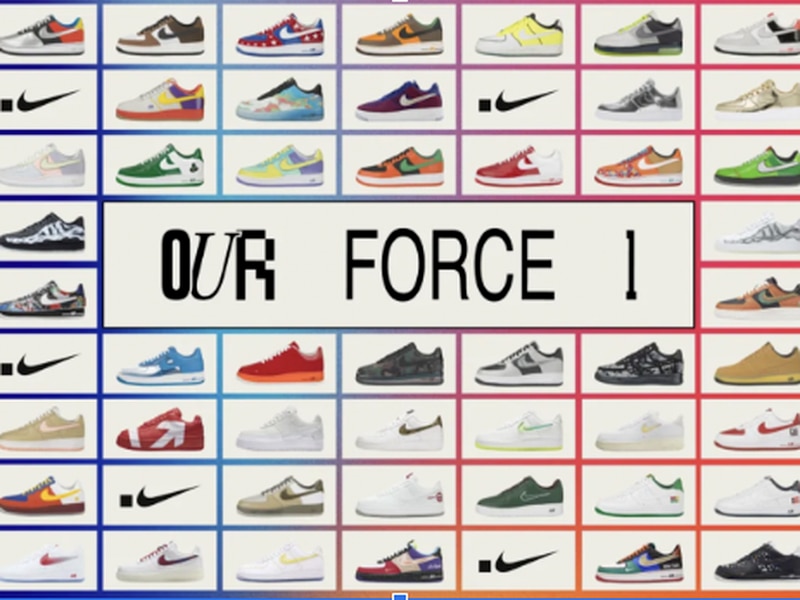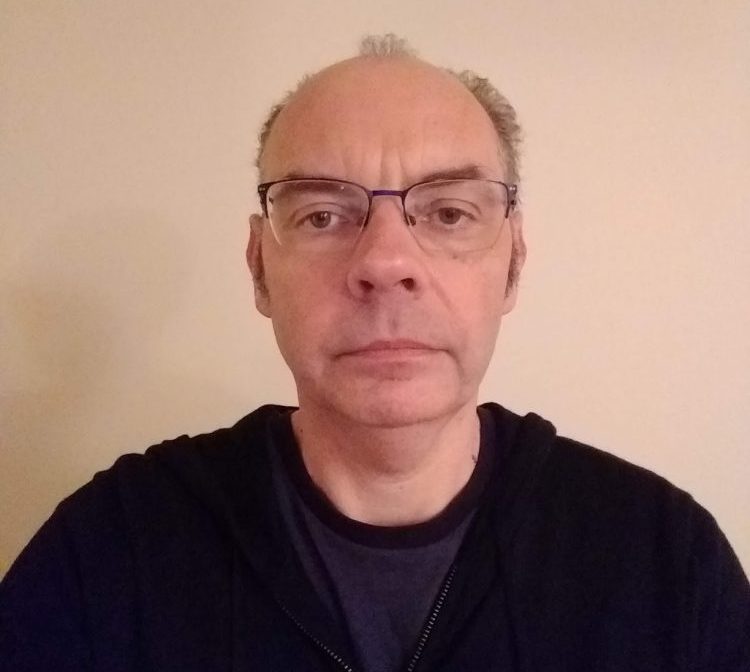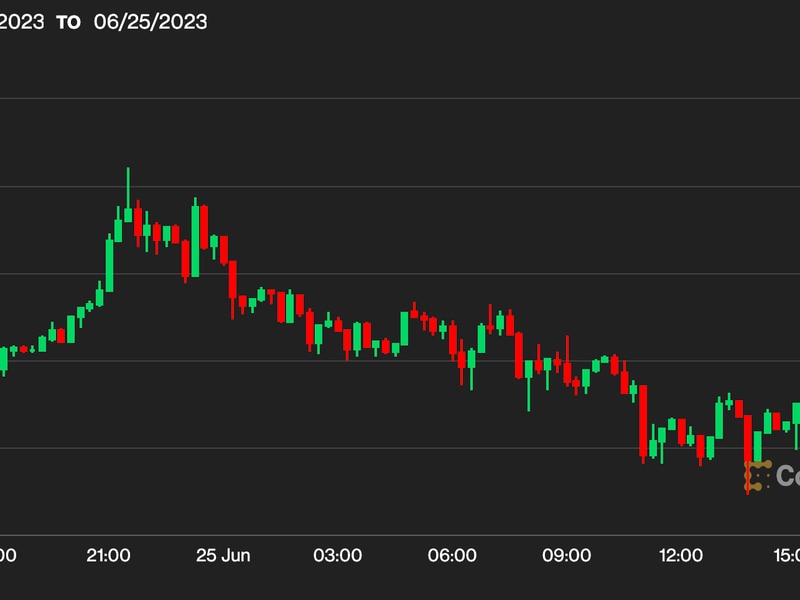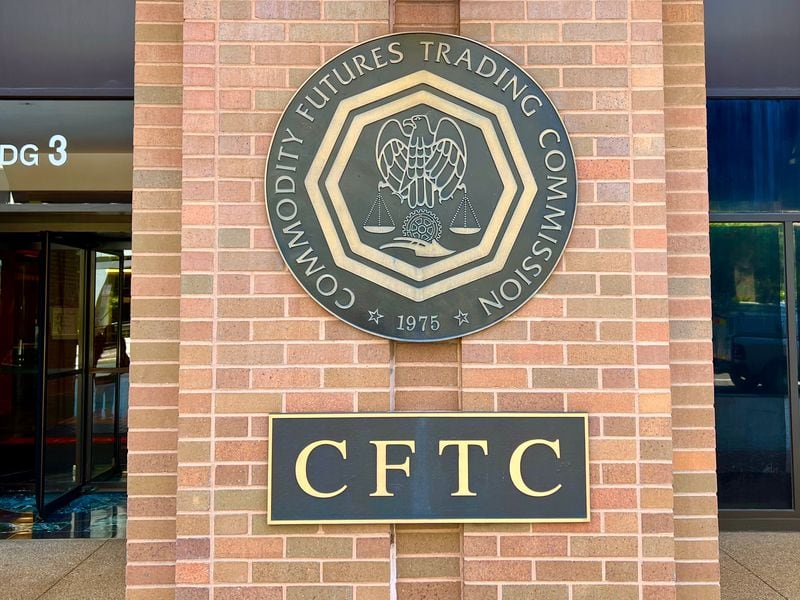Devcon Shows Ethereum’s ‘World Computer’ Is a Movement, Not a Product

If there’s anywhere in the world where it feels right to believe in magic, it’s Devcon 5 in Osaka, Japan.
The ethereum community faces a daunting task: scale its blockchain ecosystem to securely support the growing demand for mainstream use cases. Thousands of technologists and passionate fans gathered at Devcon this week to grapple with the nitty-gritty, in a venue marked by rainbow signage. Among them sat 16-year-old Shawki Sukkar, a self-taught developer from Aleppo, Syria.
“I’m searching wherever I find an opportunity to learn,” Sukkar, one of the 50 scholarship attendees at Devcon, told CoinDesk. “People look smart here. They have a great mindset.”
Since his father’s factory was destroyed in the Syrian civil war, and his brother’s identity documents were lost along with their source of income, the unbanked Sukkar has taken a keen interest in ethereum-based identity solutions and financial products.
Beyond Sukkar, several attendees told CoinDesk they came to this developers conference, and other smaller ethereum-centric events worldwide, to learn by contributing.
Along those lines, Mariano Conti, the MakerDAO Foundation’s head of smart contracts, gave a presentation about how he lives in Argentina earning only a cryptocurrency salary. He openly acknowledged the risks of relying on an open-source experiment instead of his national currency deposited in a regulated bank. However, Conti said he trusts the ethereum community more than the Argentine government.
Conti’s statement garnered resounding applause from the audience, including several people who also use cryptocurrency as a survival tool. This type of testing ground, with participants who give feedback directly to technologists at Devcon, is a boon for the network.
Beyond that, however, the event is a key venue for determining the network’s priorities for the year ahead.
“Lots of narratives make a lot of sense,” ConsenSys founder Joseph Lubin told CoinDesk when asked to define ethereum, adding:
“The ‘world computer’ narrative is a useful and good one. It’s called the ethereum ecosystem, or the decentralized protocol ecosystem, of which ethereum will be a central component.”
The plan
Devcon is an anomaly among cryptocurrency conferences in that the content is both highly technical and deliberately accessible.
Panels and workshops, about issues like scaling decentralized applications, revolve around opportunities for questions from community members of all skill levels. Sometimes engineers raise issues they’ve dealt with in serving clients, other times users ask about price mechanisms. There are even several panels and speaking slots reserved for ethereum rivals, like OpenLibra or Ethereum Classic.
So far, there aren’t any finite plans to address the scaling limitations of the current ethereum ecosystem with the blockchain’s upcoming iteration, Eth 2. However, there are several proposals in-process and thousands of people more invested in testing these theories than they are in profiting from them.
“The scope of who has been involved is an iterative process,” Ethereum Foundation developer Danny Ryan, part of the team leading research for Eth 2, told CoinDesk. “And we fully expect that to keep expanding [the process] all the way out to dapp users.”
He said community members can contribute comments and requests to the process via GitHub and Ethresear.ch, adding there will definitely be a more concrete plan for compatibility between ethereum and Eth 2 in 2020.
Speaking of how the MakerDAO ecosystem will adapt to the evolution of Eth 2, which may not provide backwards compatibility, Ethereum Foundation community manager Hudson Jameson told CoinDesk:
“We’re going to work very closely with dapps, big and small, to make sure data, such as MakerDAO’s loan contracts, can be utilized or transitioned in Eth 2.0.”
In the meantime, Gitcoin founder Kevin Owocki, currently incubated under the ConsenSys umbrella, is looking to increase funding for open-source developers beyond philanthropy from original ethereum co-founders.
Since the Gitcoin fund distribution platform launched in January 2019, Owocki told CoinDesk it has grown to process $200,000 of cryptocurrency donations a month.
“I’d love to work for the internet. I’d love for software developers not have to work at a corporate job that has a monopoly on their employment,” Owocki said, adding:
“I think there’s a lot of opportunity in this community to create systems that will scale … for sovereignty of employment.”
Definitions in progress
Outside critics harp on the vague use of language when it comes to defining goals and objectives for ethereum development.
But, like most ethereum fans at Devcon, Owocki isn’t bothered by the experimental nature of ethereum infrastructure development, which is arguably less rigorous and conservative than traditional open-source projects.
“I think it’s more honest not to have deadlines when you have something fundamentally new and you need to do research,” he said.
ConsenSys security engineer Shayan Eskandari, a bitcoiner since 2011 who helped create some of Iran’s leading educational resources for crypto users, said ethereum and bitcoin have inherently different philosophies.
“It’s like comparing gold with ice cream. Ethereum is a playground where you can do almost anything you want, although everything [in the protocols] will change,” he said, adding:
“Ethereum isn’t about trying to build censorship-resistant [money]. It’s about a more open system.”
Ethereum’s figureheads seem to share that view. Beyond funding early experiments with grants, Lubin said the 1,000-person ConsenSys is hiring again, after a round of layoffs late last year.
“We’ve built the early stages of the decentralized World Wide Web, the strongest candidate to be the base trust layer for the planet,” he said. “We have quite concrete plans, but I can only say things in vague terms.”
Sources with knowledge of the matter told CoinDesk that ConsenSys is working on pilot projects with financial institutions such as banks and government entities, which Lubin confirmed but declined to specify.
When asked what he expects the ethereum community, including his company, to accomplish by Devcon 2020, he replied, “more good stuff.”
Joseph Lubin speaks at Devcon 5, Osaka, Japan, October 2019, image via ConsenSys









